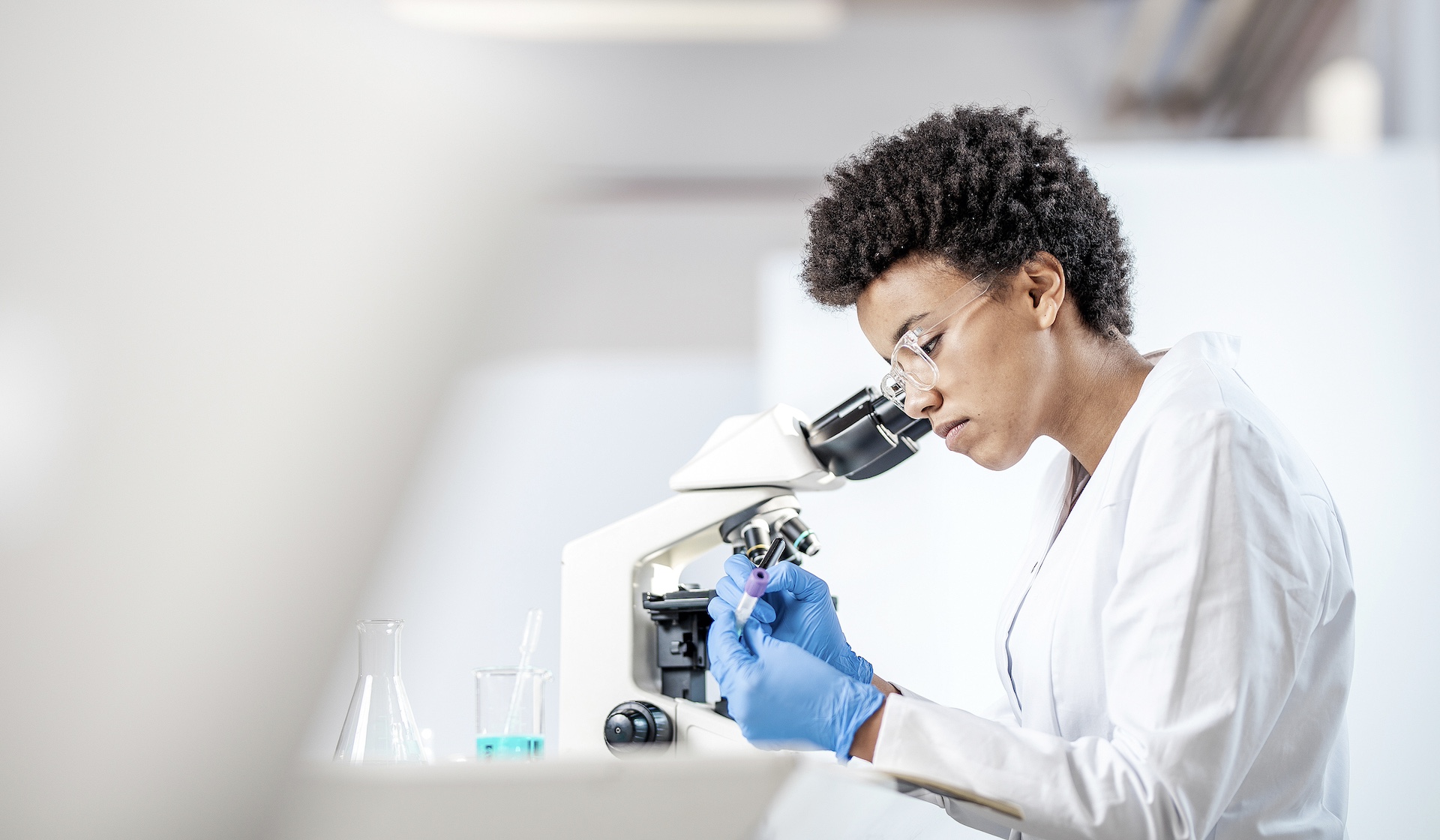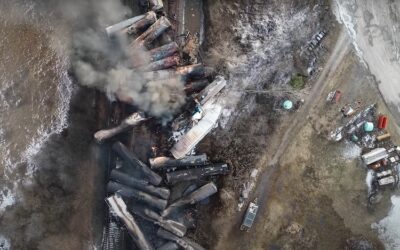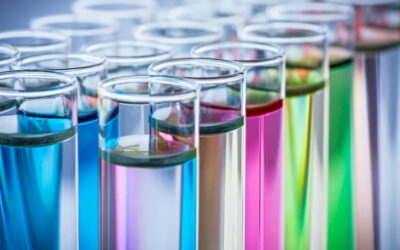Ask a Scientist

Posts
Climate Change and Breast Cancer: Ask a Scientist
Climate-change-induced disasters can also wreak havoc on healthcare infrastructure and cause interruptions in cancer patients receiving radiation or other treatments, which impact cancer survival rates.Read More
Plastics and the PVC Spill: Ask a Scientist
Plastic is one of the most widely used substances in the world due to its low cost and versatility; unfortunately, it also harms humans and the environment. Polyvinyl chloride (PVC), for example, is a highly toxic form of plastic that potentially harms people and the planet at every stage of its lifecycle.Read More
Plastic is one of the most widely used substances in the world due to its low cost and versatility; unfortunately, it also harms humans and the environment. Polyvinyl chloride (PVC), for example, is a highly toxic form of plastic that potentially harms people and the planet at every stage of its lifecycle.Read More
Read Less
Air Pollution: Ask a Scientist
Did you know our indoor air can be more polluted than outdoor air? Learn about the possible sources of indoor air pollution in your home and what to do about it. Read More
PFAS: Ask a Scientist
Ever wondered how nonstick pans or waterproof coatings work? The answer is PFAS. PFAS chemicals (per-and polyfluoroalkyl substances) are useful because their strong carbon-fluorine bond—one of the strongest in chemistry—helps resist water and grease.Read More
Thank you for joining BCPP!
Join the BCPP Community
FEATURED VIDEO
BCPP: Exposing the Cause is the Cure
We're preventing breast cancer before it starts by eliminating our exposure to toxic chemicals and radiation.




